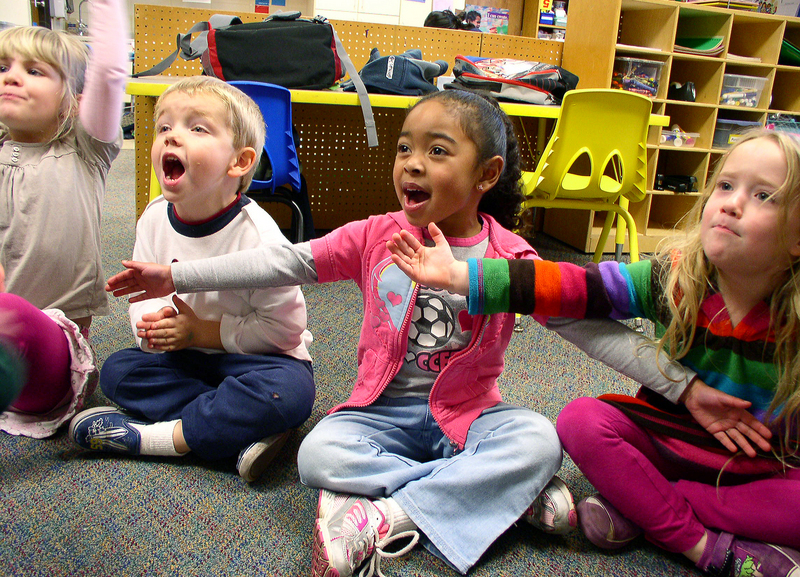Curriculum

Early Years Foundation Stage (EYFS)
At Gateway Pre-Schools, we follow the Early Years Foundation Stage (EYFS) which is the framework for the care and education of babies and children up to five years. The areas of learning and development consist of the three prime areas and four specific areas. The prime areas cover the knowledge and skills which are the foundations for children’s school readiness and future progress, and which are applied and reinforced by the specific areas. Where they have close links with National Curriculum subject areas – particularly literacy and maths – they form an appropriate baseline for the National Curriculum.
There are 17 Early Learning Goals. For each goal we must determine whether children are meeting expected levels, are exceeding them, or are below the expected level, (‘emerging’).
The EYFS learning and development requirements comprise: the seven areas of learning and development and the educational programmes (described below); the early learning goals, which summarise the knowledge, skills and understanding that all young children should have gained by the end of the Reception year; and the assessment requirements (when and how practitioners must assess children’s achievements, and when and how they should discuss children’s progress with parents and/or carers).
There are seven areas of learning and development that shape the educational programme. All areas of learning and development are important and inter-connected. Three areas are particularly crucial for igniting children’s curiosity and enthusiasm for learning, and for building their capacity to learn, form relationships and thrive. These three areas, the prime areas, are:
- Communication and language;
- Physical development; and
- Personal, social and emotional development
We also support children in four specific areas, through which the three prime areas are strengthened and applied. The specific areas are:
- Literacy;
- Mathematics;
- Understanding the world; and
- Expressive arts and design.
Finally, we involve activities and experiences for children, as follows.
Communication and language development involves giving children opportunities to experience a rich language environment; to develop their confidence and skills in expressing themselves; and to speak and listen in a range of situations.
Physical development involves providing opportunities for young children to be active and interactive; and to develop their co-ordination, control, and movement. Children must also be helped to understand the importance of physical activity, and to make healthy choices in relation to food.
Personal, social and emotional development involves helping children to develop a positive sense of themselves, and others; to form positive relationships and develop respect for others; to develop social skills and learn how to manage their feelings; to understand appropriate behaviour in groups; and to have confidence in their own abilities.
Literacy development involves encouraging children to link sounds and letters and to begin to read and write. Children must be given access to a wide range of reading materials (books, poems, and other written materials) to ignite their interest.
Mathematics involves providing children with opportunities to develop and improve their skills in counting, understanding and using numbers, calculating simple addition and subtraction problems; and to describe shapes, spaces, and measures.
Understanding the world involves guiding children to make sense of their physical world and their community through opportunities to explore, observe and find out about people, places, technology and the environment.
Expressive arts and design involves enabling children to explore and play with a wide range of media and materials, as well as providing opportunities and encouragement for sharing their thoughts, ideas and feelings through a variety of activities in art, music, movement, dance, role-play, and design and technology.
We would be delighted to show you around any of our Gateway Pre-School locations. Please call 02392 982 360 or email us at contact@gatewaypreschools.org to make an appointment.



